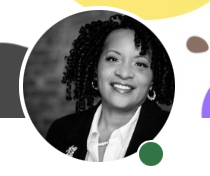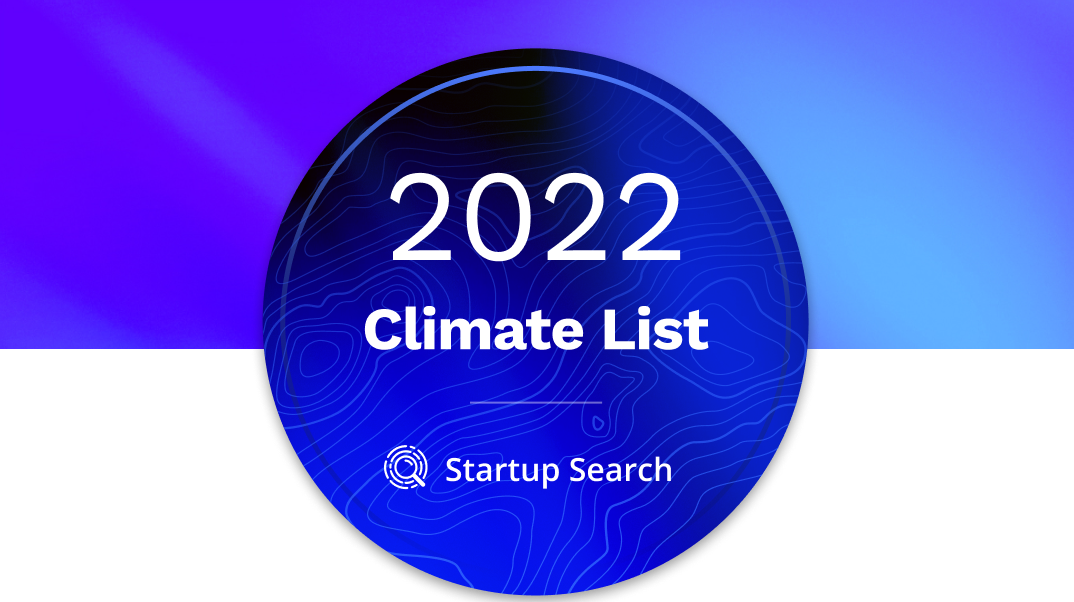Climate change is a defining issue of our generation
71 percent of Millennials see climate as top priority for future generations. 37 percent of Gen Z identifies climate as their top personal concern. And a recent study of climate anxiety in teenagers and young adults found 40 percent of 16 to 25-year-olds fear the future and, as a result, are reluctant to have children.
This is like that pothole we watched develop in front of our houses as kids. It started with a few obvious cracks in the cement but it wasn’t threatening enough for our parents to do anything about. We watched countless cars drive over it and, slowly but surely, the hole opened. Then it began to widen and deepen. Once we got our license to drive and the keys from our parents, the pothole was the width of the road and we can’t get out of the driveway. Now what?
We are a team of Zillennial climate data professionals and we know urgent action and innovative solutions are needed. We know climate change is real and that it’s already significantly affecting weather patterns. We’ve witnessed extreme weather events become more frequent and more volatile during our lifetime.
In the 1980s, the National Oceanic and Atmospheric Association (NOAA) recorded 31 extreme weather and climate disasters, and each caused damage over $1 billion. In 2021 alone, there were 20 weather disasters, almost as many as in the entire decade of the 1980s. In the 2010s, NOAA recorded 128 disasters. The pothole is getting wider and deeper.
The climate crisis requires action and leadership from governments at every level. Industry operations that impact local and global climates must also be part of the solution. Recent regulations and new initiatives in the public and private sectors confirm the importance of incorporating climate risk into business operations.
On April 4, 2022, for the first time in history, the White House Office of Management and Budget (OMB) began formally accounting in the Federal Budget for risks of climate change. In March, the Securities and Exchange Commission (SEC) issued a new draft proposal which will require public companies to include standardized climate reporting in their financial disclosures. And late last year, the Federal Reserve said it “will address climate-related risks in an analytically rigorous, transparent, and collaborative way through our domestic work with other federal agencies.”
Now What?
We are early-career women in tech and we’ve chosen to center our careers addressing the climate crisis. We are actively developing contemporary risk management strategies. While government policy and regulation will encourage companies to acknowledge their climate impact, companies may not know how to efficiently appraise their climate-related risks. Climate resilience requires modeling and assessing climate risk before developing management strategies to address it.
Changes such as those proposed by the SEC will require public companies to assess the impact of severe weather events such as heatwaves, droughts, floods, blizzards, and cold snaps on each consolidated financial statement line item. These disclosures, and the analysis required for them, will help companies become more conscious of their climate risks and enable investors to make better informed choices.
Understanding extreme weather and commensurate risk will increase awareness of climate change and its economic impact. This understanding is the foundation for improving the way companies exposed to extreme weather operate. Incorporating weather and climate intelligence into supply chains and operations will save companies money and simultaneously reduce corporate emissions.
Weather data driven predictive insights for utilities can allow them to improve readiness, reduce costs, prevent outages, and avoid sparking disaster. New insurance policies, including innovative forms of insurance built around weather measurements, provide financial recovery following previously uninsured extreme weather events. Appropriate information on risks allows lenders to reduce borrower defaults driven by climate change. Investors more precisely value climate driven shifts in projected returns across their portfolios.
By understanding and protecting climate risk throughout the financial system, extreme weather becomes a more manageable concern. By protecting businesses across the globe against local extreme weather, both small and large businesses can operate with more security and safety.
Fueled by these considerations, each of us decided to invest the first years of our careers in a company that breaks the mold. We are at the heart of innovative ideas about assessing climate risk and calibrating management strategies. At companies like ours, Zillennials create detours to drive around the pothole as well as start to repair it.
Get Involved!
In recent years, climate itself has become a new career path and industry open to women, scientists, engineers, and even writers. We are living proof. The Climate Tech space is currently booming with companies focused on hands-on solutions, management strategies, and even opportunities presented by the climate crisis. New companies are founded and funded by people and institutions that are committed to innovative visions of climate resilience.
It’s the fight of our generation. New paths open every day for making a real impact in the face of the climate crisis. We know that every background, education, and experience matters. Let’s get creative and get involved in the effort to work on the climate crisis. The unique skills of every young professional are equally relevant taking on the challenge. Get involved by building your career.
Meet the authors






Madeline McFarland received her B.A. in Economics and History from Williams College and is a current M.F.A. student at New York University. Formerly in the economic consulting industry, she works as a Communications Associate at Demex and studies fiction writing.
Katy Wilson received her B.A. in Geography from the University of Cambridge and an M.A. in Climate and Society from Columbia University’s recently established Climate School on a Fulbright Scholarship. As a member of the Product Team at Demex, she designs, develops, and implements solutions that enable clients to assess and manage their climate risks.
Arielle Catalano, Ph.D. received her B.A. in Earth and Planetary Sciences at Johns Hopkins University and Ph.D. in Atmospheric Science at Rutgers University. After 14 years of climate research, she joined Demex as Director of Business Analytics, now Chief of Staff, to build resilience strategies and communicate climate risk to clients.
Jenny Kafka, Ph.D. received her B.S. in Meteorology and Ph.D. in Atmospheric Science at Rutgers University. As Director of Analytics at Demex, she leverages vast quantities of historical weather data to build and develop new products that help companies mitigate the impacts of climate change.
Dare Johnson received her B.S. in Business Administration at Morgan State University. As Sr. Associate for Business Administration at Demex, and “a Gen X with Zillenial passion about climate change,” she helps Demex meet its goals by driving increased effectiveness within our executive team.
Clare Trinity is a current student at Bates College pursuing a B.A. in Environmental Science. At Demex, Clare is an intern working on marketing and communications. She is passionate about writing and studying climate change mitigation and intends to pursue a career in the environmental field after graduating.
